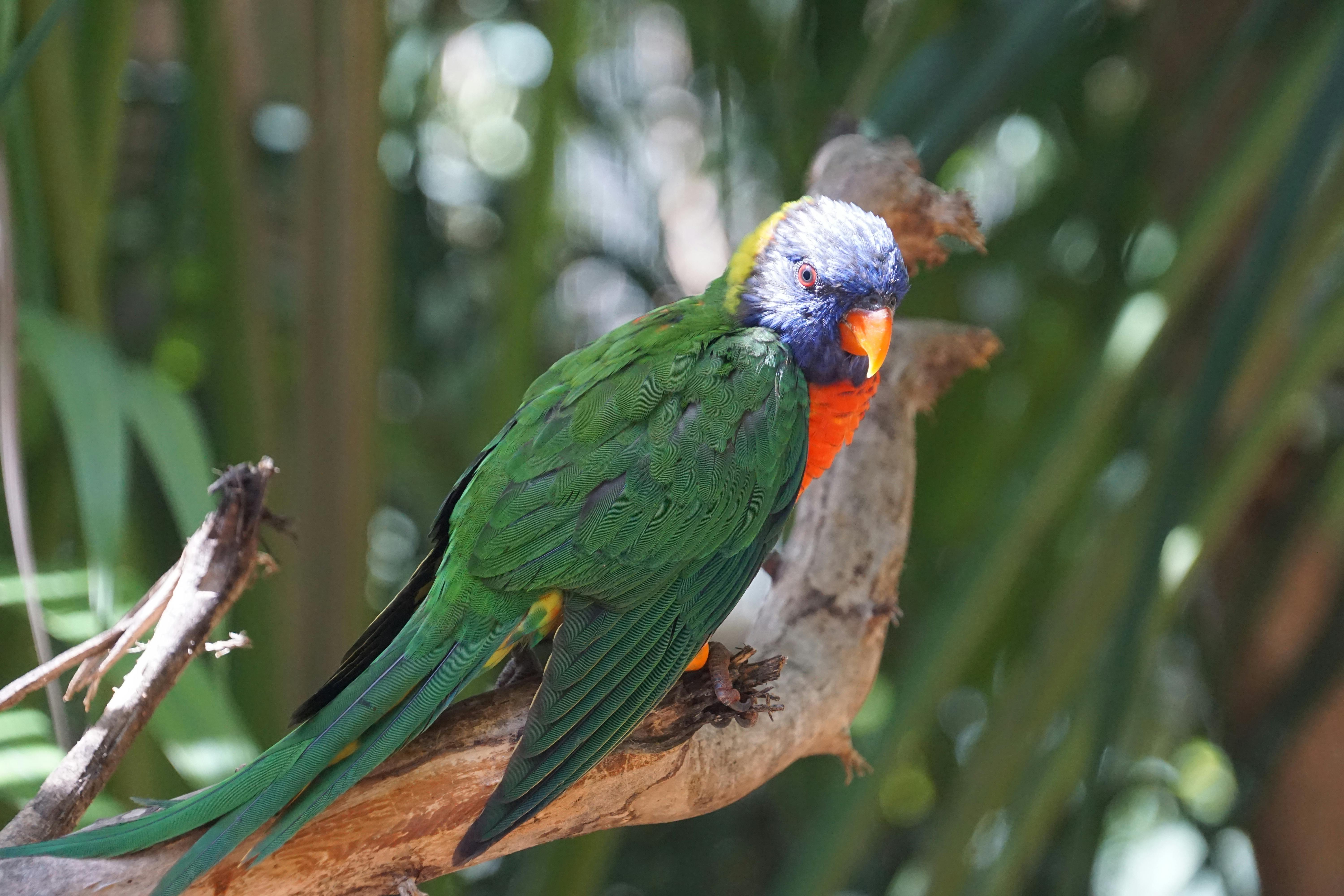
Apply Now


Understanding Dog Eating Rabbit Poop Behavior
Dog eating rabbit poop is a concern that many pet owners encounter, especially those with outdoor dogs. This behavior can stem from a dog's natural foraging instinct, curiosity, and nutritional needs. Many dogs are attracted to animal waste due to its smell or because they are scavengers by nature. It's essential for dog owners to comprehend this behavior not just to mitigate it, but to understand potential impacts on canine health and diet. Rabbit waste, or rabbit droppings, contains various nutrients such as fiber and proteins that may inadvertently attract dogs. While it may seem unappealing, there are some nutritional aspects of rabbit droppings that could intrigue dogs. However, before focusing solely on the curiosity and attraction, it is crucial for owners to educate themselves on the potential health risks associated with this behavior, such as parasite transmission and dietary issues. In this article, we will explore the reasons behind dogs eating rabbit poop, the potential health risks involved, ways to manage this behavior, and overall pet safety. Understanding these aspects will not only help dog owners better manage their pets but will also improve the overall relationship between dogs and their environment.Recognizing the Potential Risks of Eating Rabbit Droppings
While it may appear harmless at a glance, rabbit poop can pose several risks to dogs. The most pressing concerns relate to health issues such as parasite ingestion. Rabbit droppings may contain various parasites, including Giardia and coccidia, which can lead to gastrointestinal problems in dogs. Additionally, an unexpected aspect is that eating rabbit droppings can lead to digestive disturbances. Many dogs may experience stomach upset, leading to symptoms such as vomiting or diarrhea. Understanding these possible reactions is essential for pet owners to address any health issues that arise quickly. It's also important to consider veterinary advice, especially when it comes to assessing the dietary and health implications of rabbit waste consumption. By establishing a relationship with a veterinarian and understanding common health risks, dog owners can take proactive steps in monitoring their pets' health. This includes regular veterinary check-ups, ensuring vaccinations are up-to-date, and keeping a close eye on any changes in behavior or digestion.How Rabbit Poop Can Affect Dog Health
Rabbit waste is not just an unappealing snack for dogs; it can affect overall canine health in several ways. Consuming rabbit droppings introduces various bacteria and parasites into the dog's system, leading to serious health consequences. It’s crucial to keep a lookout for any unusual symptoms or health issues related to ingesting animal waste. Moreover, the nutritional aspect of rabbit droppings might seem beneficial; however, they are not a proper substitute for a well-balanced dog diet. Dogs require specific nutrients that rabbit waste simply does not provide in adequate amounts. Therefore, while occasional consumption might not lead to serious consequences, regular ingestion can disrupt a dog’s diet and lead to deficiencies over time. As a responsible dog owner, it is vital to establish a proper eating regimen for pets. Maintaining good canine health requires educating yourself about dog dietary needs and ensuring that your canine companion receives the nutrition they require from quality pet food rather than scavenging habits.
Implementing Training Strategies for Dogs
To manage the behavior of dogs eating rabbit poop effectively, training plays a vital role. It is essential for pet owners to instill good habits in their dogs and discourage unappetizing behaviors. Implementing training strategies helps modify curiosities when it leads to undesirable actions. One approach is positive reinforcement, where dogs are redirected when they show interest in rabbit waste. Using commands or treats to encourage alternative behaviors teaches the dog how to respond appropriately when encountering rabbit droppings. Understanding canine behavior can significantly enhance the training process. Another strategy involves leash training when outdoors, allowing owners more control over their dogs' actions. This technique can help prevent instances of scavenging during walks or outdoor playtime. In combinations, dog training tactics should focus on promoting cleanliness, establishing boundaries for instinctual behavior, and, importantly, growing a deeper mutual understanding between pet and owner.Common Mistakes to Avoid in Dog Training
When addressing the issue of dogs eating rabbit poop, there are common mistakes that pet owners make that may hinder progress. One major error is using negative reinforcement or punishment when the dog engages in the behavior, which can lead to anxiety or fear rather than comprehension. Another mistake is not being consistent in training methods. Inconsistency can confuse dogs, making them less likely to follow commands. Therefore, establishing a routine with a solid set of commands and expectations is critical in teaching dogs desirable behaviors. Additionally, pet owners should consult with pet veterinary advice when modifying dog behavior. A professional can guide and suggest tailored strategies based on individual dog needs and behaviors. They can provide insights into health implications and recommend necessary changes that may improve training outcomes.Promoting Pet Cleanliness in Outdoor Environments
Managing dog interactions with wildlife such as rabbits is essential for pet safety and cleanliness. Outdoor environments can tempt dogs to explore and interact with animal waste, which can lead to problems. Establishing a clean, safe space for pets significantly contributes to their overall well-being. Regular yard maintenance can minimize encounters with rabbit droppings. Keeping a clean yard and removing animal waste promptly reduces the likelihood of dogs scavenging in these areas. Pet owners should also consider pet-proofing yards to create safe spaces and discourage unwanted behavior. Additionally, implementing solid waste management practices is important. This includes cleaning up after pets and disposing of waste properly. Managing pet waste not only promotes hygiene but also protects the environment and helps minimize health risks for both pets and humans.Understanding Dog Reactions and Behaviors
Every dog is unique, and their reactions to rabbit droppings may differ significantly. Dogs may express curiosity or excitement when encountering rabbit waste, often leading to consumption. Observing pet behavior closely helps owners understand individual reactions and adapt training strategies accordingly. Recognizing dog eating behaviors also plays a crucial role in intervention. Dogs might engage in this behavior out of boredom or natural instincts. Providing alternatives such as stimulating toys or active playtime can redirect energy towards more appropriate interactions. Furthermore, understanding canine curiosity can lead to improved pet training tactics. Encouraging positive exploration through engaging activities not only satisfies dogs' natural instincts but also reinforces proper behavior. Adequately addressing curiosity while maintaining a solid relationship with furry companions builds positive habits for both pets and owners.